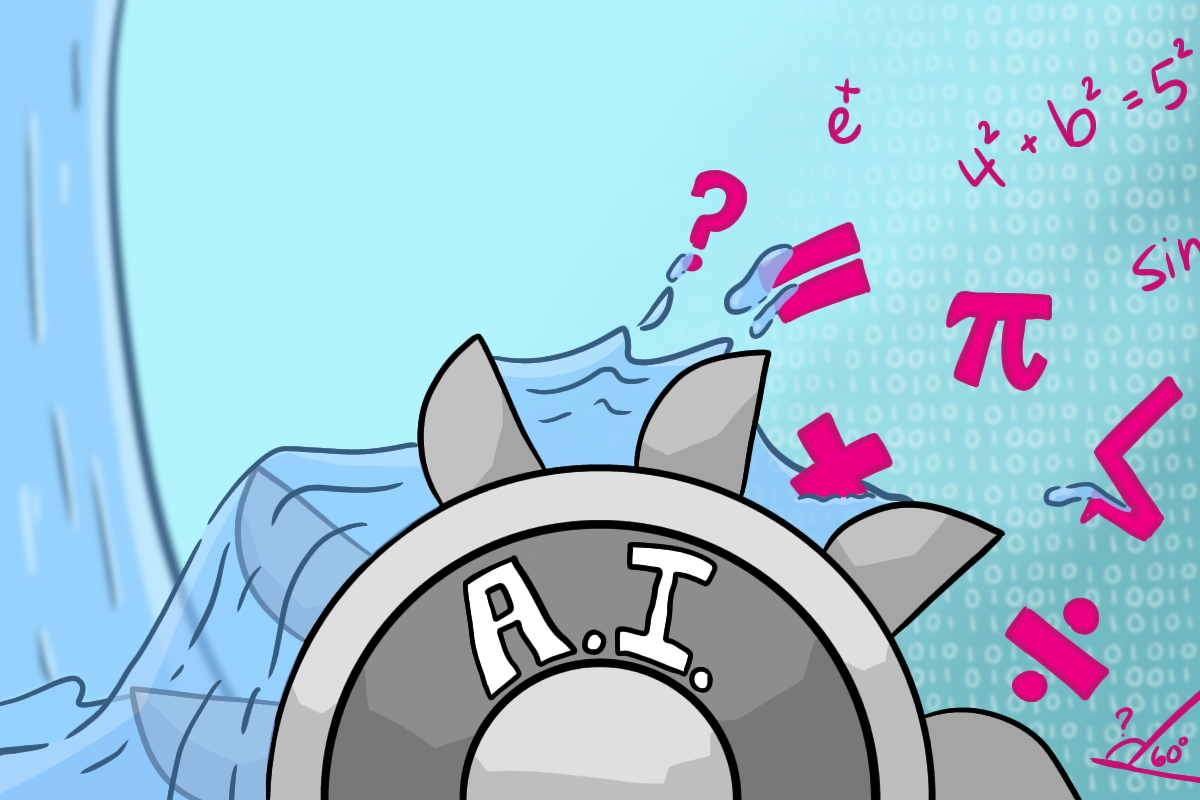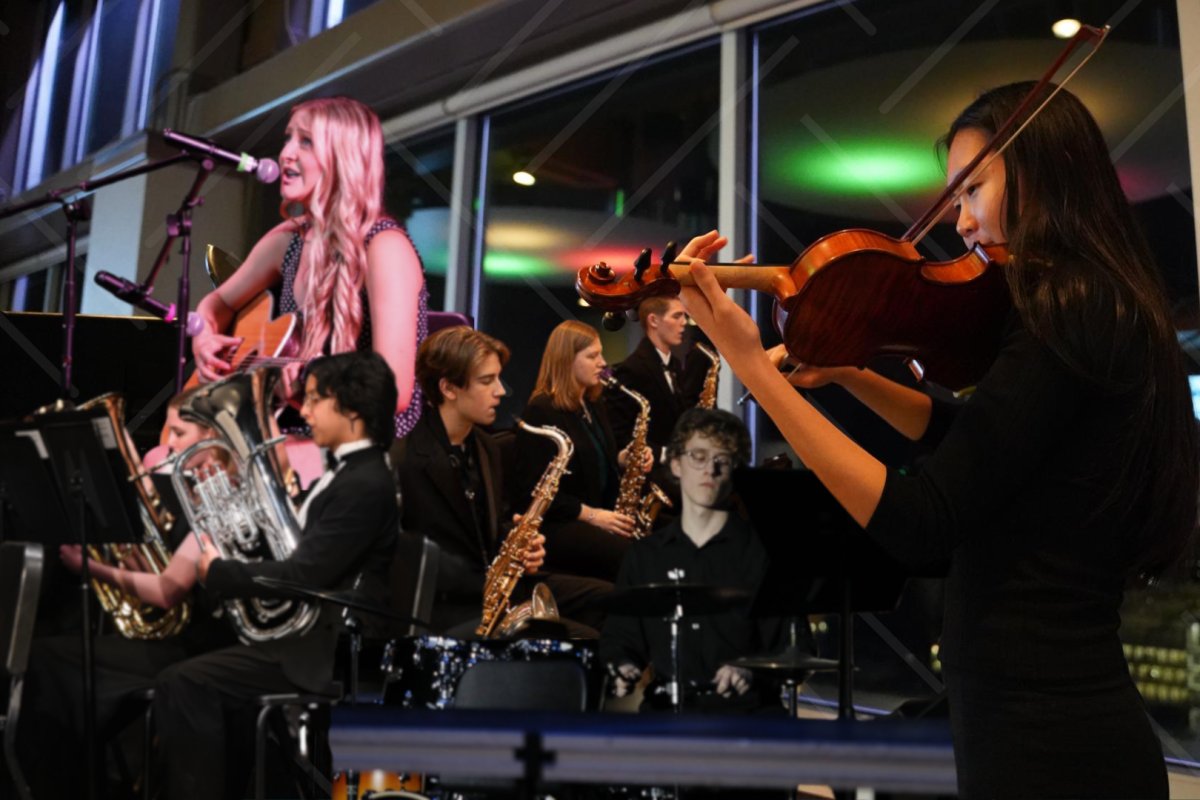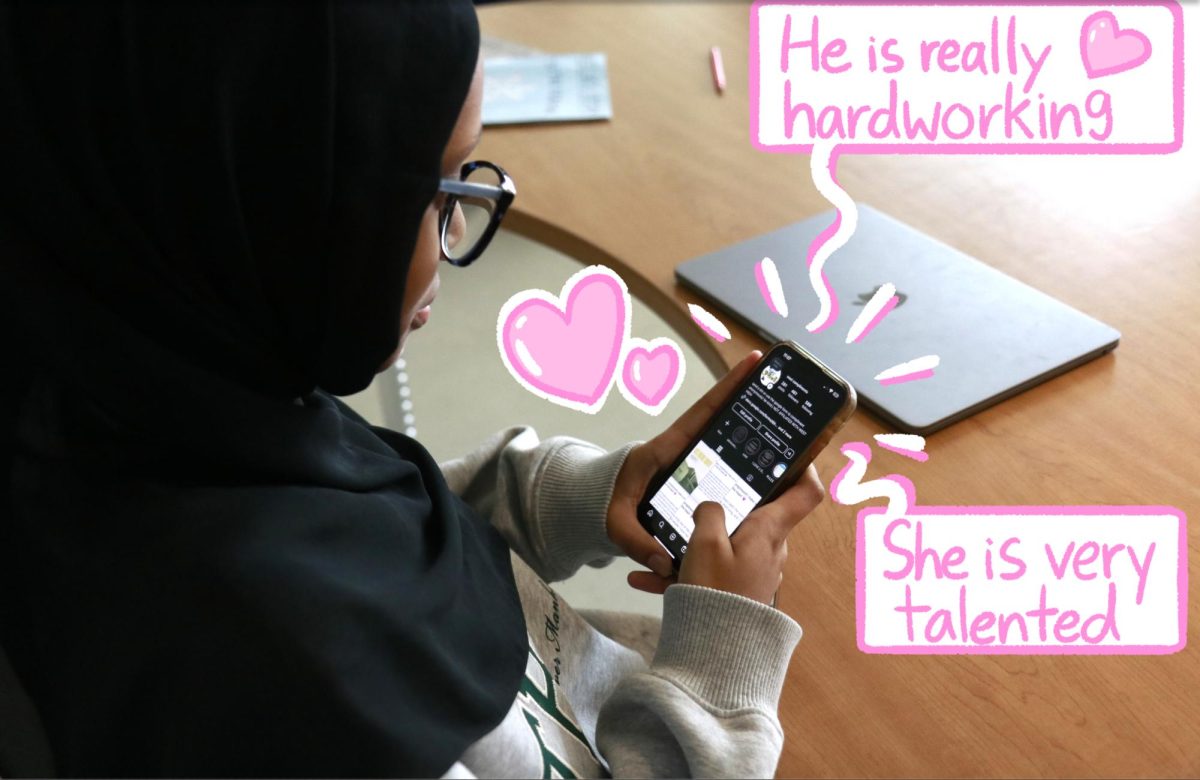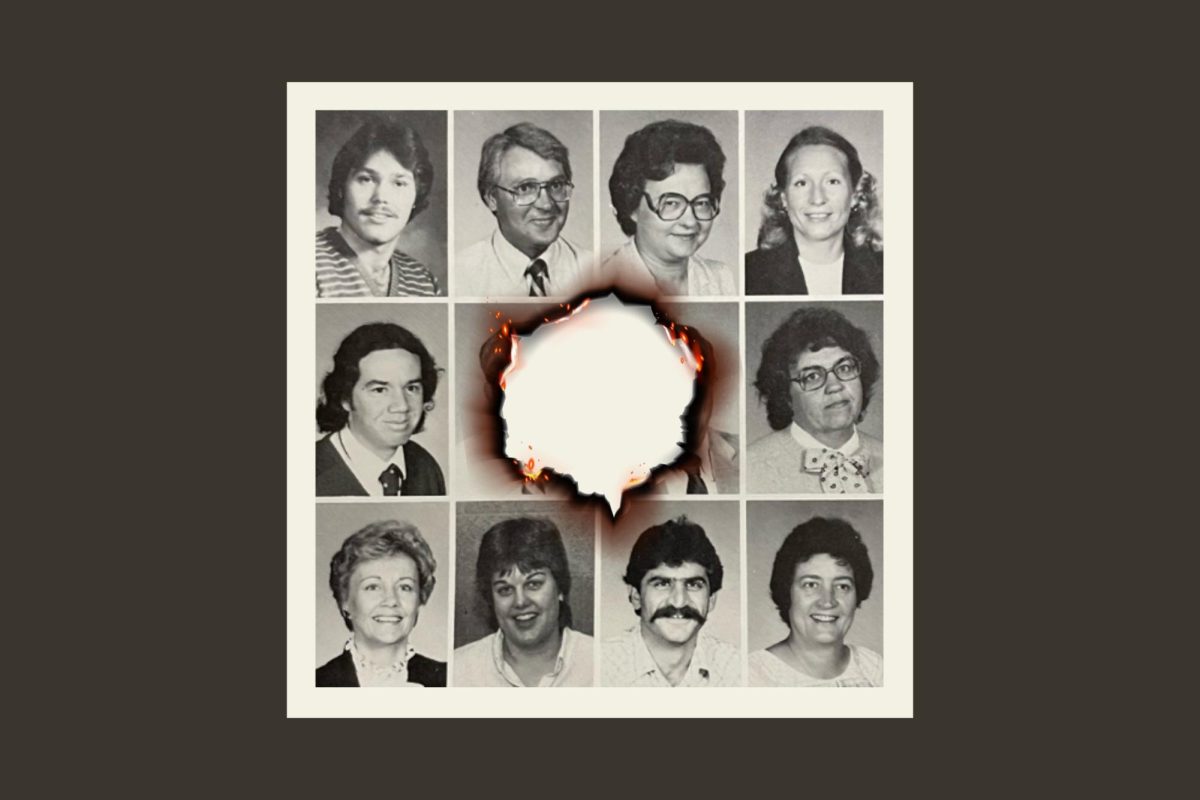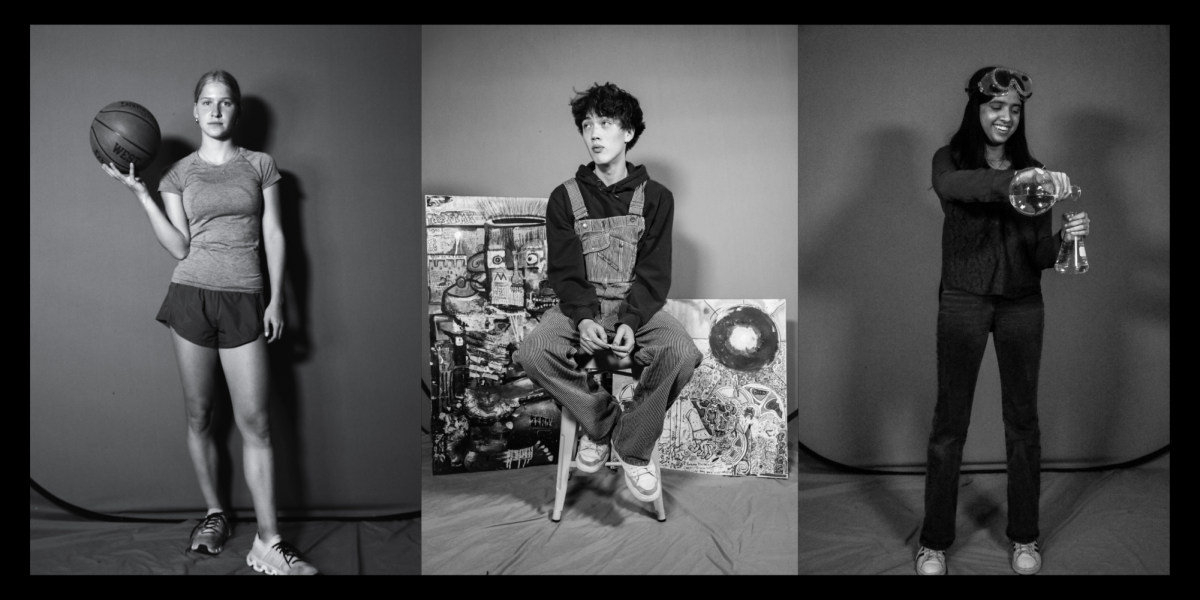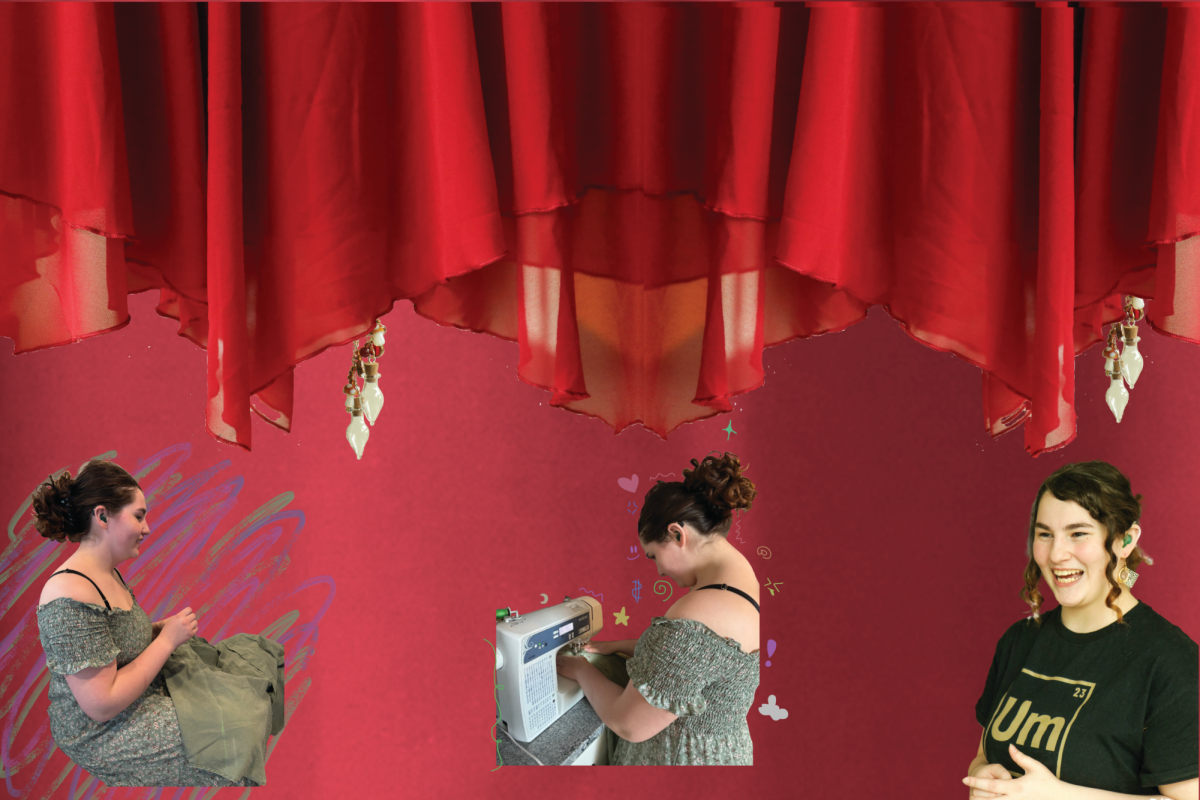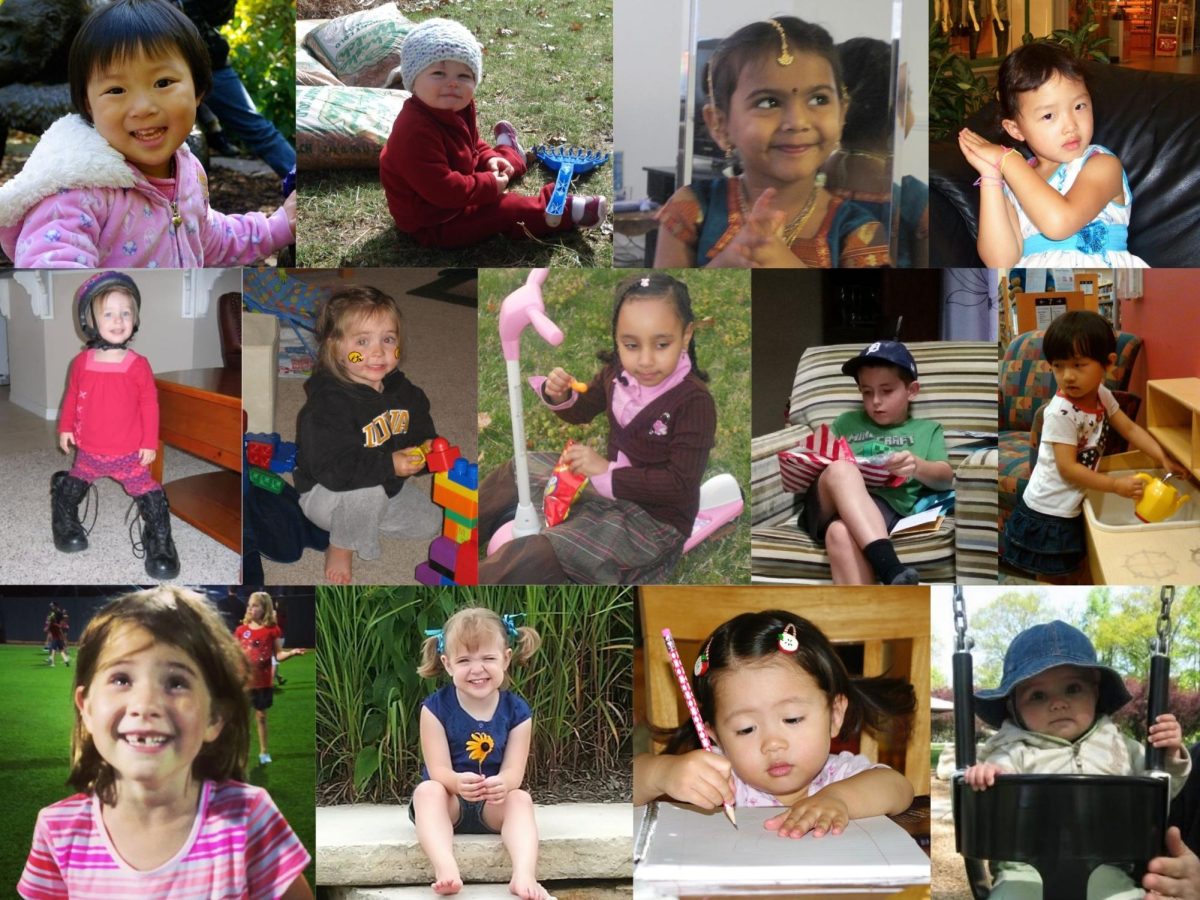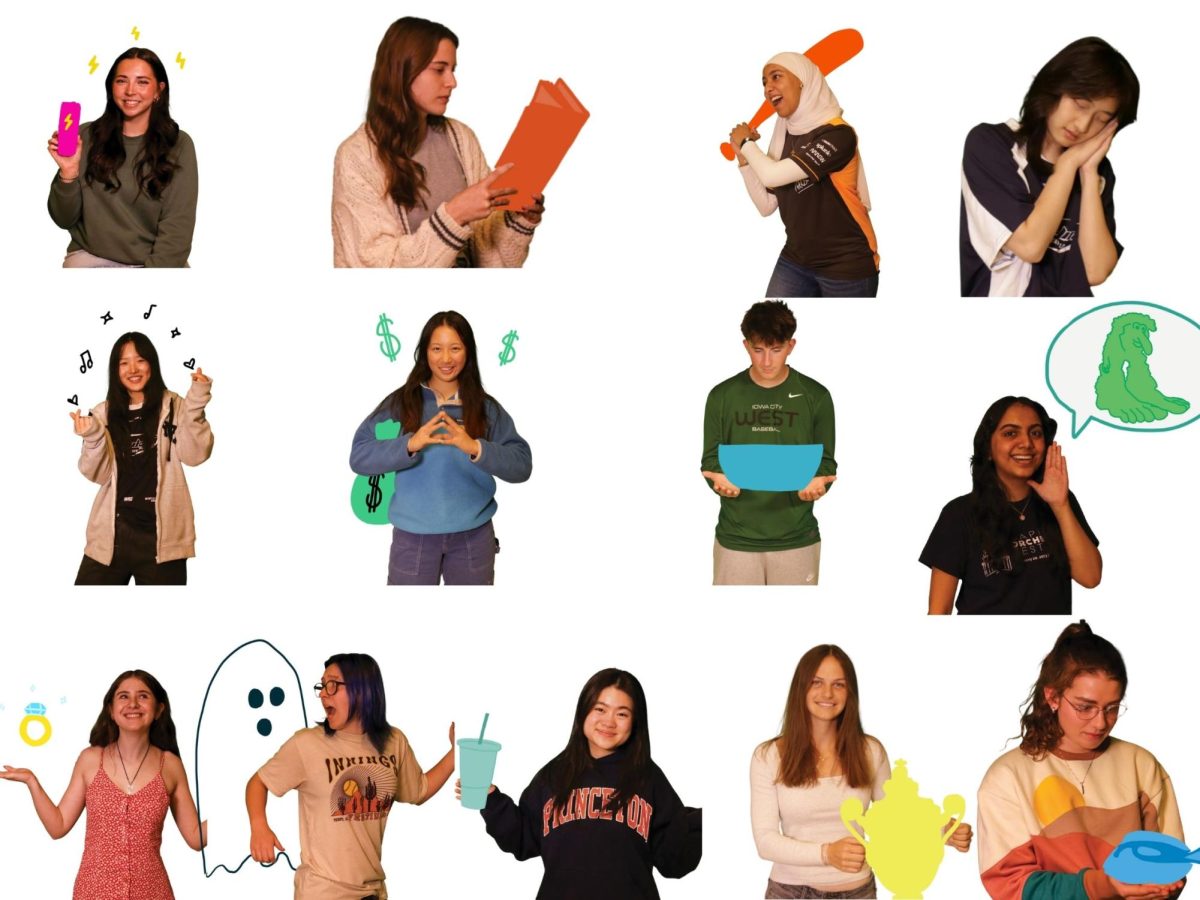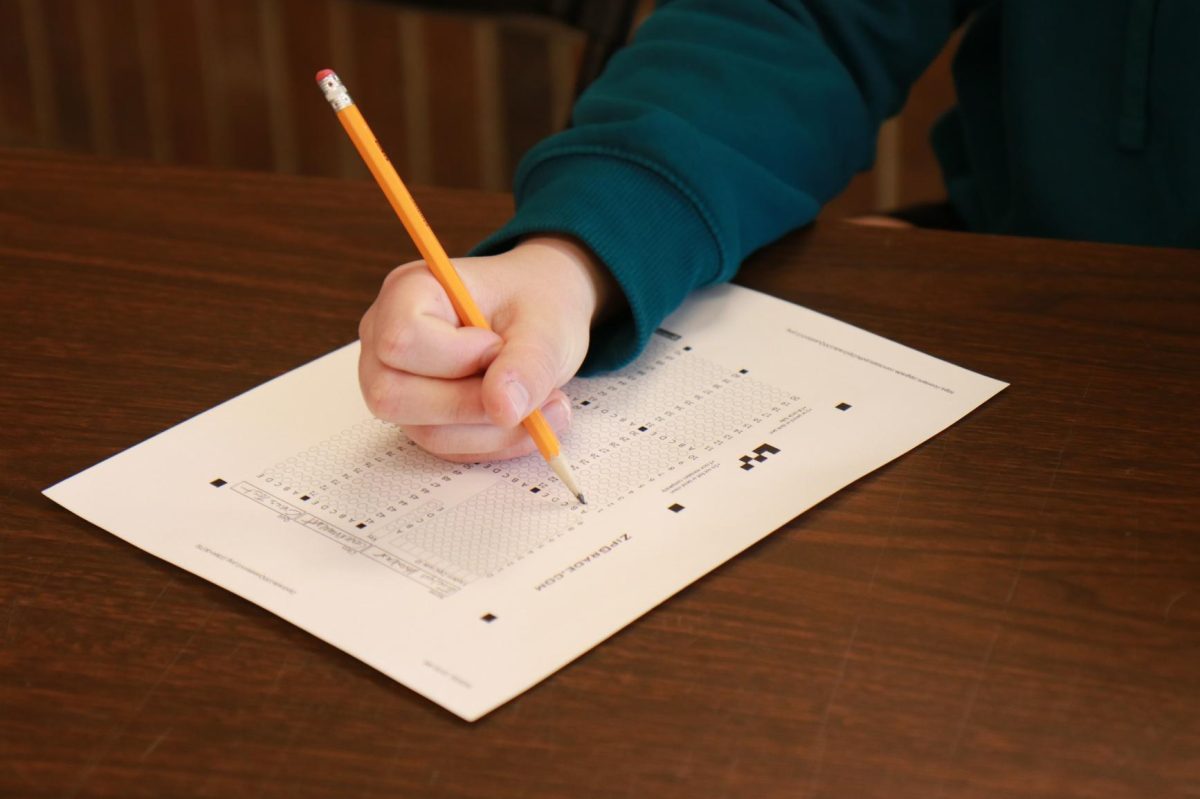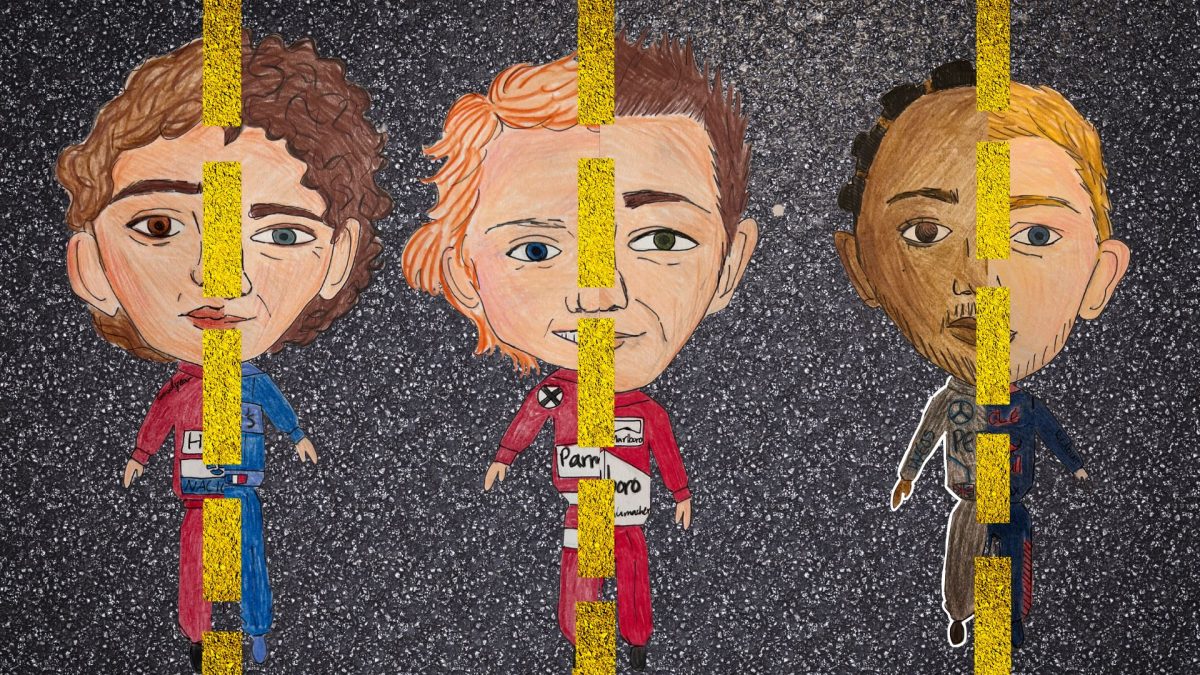Nine-hour work days, emotionally, physically and mentally exhausted, juggling multiple students with vastly different needs. These are just some of the many things that describe a paraeducator’s day-to-day life. From getting students to and from school to ensuring they eat the right food, paraeducators wear many hats. Students and staff at West who have yet to meet a paraeducator may not know the work that goes into maintaining a special education classroom and curriculum.
All across the country, there is a lack of paraeducators, and it is no different in Iowa City. The district is extremely understaffed when it comes to paraeducators. Whether it is the lack of pay, support or student issues, paraeducators are desperately needing support.
At the backbone of it all is a group of para-educators trying to help every student they have while being significantly understaffed. Omega Dancel, a paraeducator at West, explains the misconceptions of what they do for students.
“Most people think our position is just a glorified babysitter job,” Dancel said. “Not a lot of people know about all of the things we do to ensure our students are safe and successful academically.”
Dancel is in her 10th year working at West and has watched the paraeducator community diminish. She thinks that this leads to a decrease in the quality of training of them.
“Currently, there is a shortage of paraeducators,” Dancel said. “Anyone could apply with minimal credentials.”
However, Lindsay Swartzendruber, the special education coordinator for ICCSD and former special education teacher, emphasizes the support from the special education team.
“If they are new to the job, they’re with the teachers and the administrators, and our special ed team is super supportive and making sure that they have the training and the access to learning that they might need to be successful,” Swartzendruber said.
Steve Merkle, a special education teacher at West, adds that the shortage means some substitutes are not well-trained. Paras often have to train the substitutes while they are working with a student themselves.
“That becomes challenging for some of my regular people,” Merkle said. “They find themselves actually doing what I wish I could be doing and training people on how to help students.”
Additionally, these substitutes don’t know the students well, so they may not be able to provide the best support to them.
“There are some kids that have a button that you don’t want to push or they can have some behaviors, [and sometimes] you don’t have enough time to explain to a new person walking into your door,” Merkle said. “It’s not like we’re gonna have a catastrophe, but it could be a problem that you could have avoided.”
In order to become a para in the ICCSD, applicants must have “48 credit hours [at a] post-secondary [school], Local Formal Assessment (may be obtained pending hire), or Para certification.” Paraeducators also go through a thorough hiring process. According to Lindsay Swartzendruber, the assistant principals manage the hiring of paraeducators. However, Swartzendruber allocates the number of paras per school, working with assistant principals to determine how many are needed.
“I support principals and thinking through schedules and looking through individual student plans,” Swartzendruber said. “That kind of outlines how many paraeducators you may need and where they might need to be served.”
There are over 600 paraeducators in the school district, but as of Dec. 4, there are 36 open positions in the district, five of which are at West. Due to these vacancies, paraeducators are being stretched thin.
“When I first started working at West, I was assigned to one student. Currently, paraeducators are being asked to care for 2-3 students at a time and are expected to do more responsibilities with hardly any pay increase,” Dancel said.
Merkle echoes this statement.
“They are people that step up to the plate and get asked to do some very challenging things. Sometimes it’s pertinent nursing care, others, behavioral management and a lot of it’s academics,” he said. “Sometimes you have to be good at all three.”
After working with high school students in group homes, fellow West High paraeducator Farern Kerr decided to become a paraeducator. In an interview over email, Kerr detailed her thought process when becoming a para.
“I liked the environment, and I was dying for a more ‘professional’ job. School is something that comes naturally to me, so I liked the idea of working at one.” Kerr wrote.
In Iowa, the average pay of paraeducators is $14.29 an hour. For reference, a high school student can make $15 an hour working for Target. The starting paraeducator salary in the ICCSD is $15.55 per hour, but according to Merkle, it’s not enough.
Because of this low salary, Kerr has to work three jobs to get basic necessities. She emphasizes that the paraeducating job itself doesn’t wear her down, but having to work before and after helping students through the day pushes her to the edge.
“Right now, I work most mornings at Starbucks. I wake up at 3:30 and open there, then head to West. I often go to Starbucks or my third job (a respite care position) after school,” Kerr wrote.
Kerr outlines the hardships that come with having three jobs.
Merkle acknowledges these challenges, emphasizing that he would not be able to do his job effectively without the help of paraeducators.
“If I have anything to say about my paras, is they’re the best,” he said. I think you could go meet with any special ed teacher in this building, and they’re gonna say I couldn’t do what I do without my paras.”
Like many paraeducators, Dancel plays many roles in the West community. She helps to run the West High Supply, providing students with basic needs such as food for holiday breaks and hygiene supplies. On any given day, she will walk kids around the school to pick up recycling during fifth period or help students make sure they have basic necessities to get through the weekend. But the lack of support for paras right now makes every day more hectic and stressful than the next.
Even with the turmoil in the special education department due to the lack of paraeducators, Dancel has stayed at West for a decade because, for her, it is more than a job. She has always known she wanted to work with kids ever since she was a student at West.
“When I went to high school here at West, I was involved with Best Buddies [now called Community Inclusion Club] and I volunteered in Mr. Merkle’s room. I enjoyed spending time and helping the students learn new skills and grow as an individual. A few years after I finished college, I decided to change my career from being a preschool teacher and became a para. “ Dancel said.
For her, the feeling of students graduating is what makes it all worth it.
“I love seeing students walk across the stage. For me, it’s kind of symbolic of a long road, a long road that we both have taken to accomplish their goals,” Dancel said.





